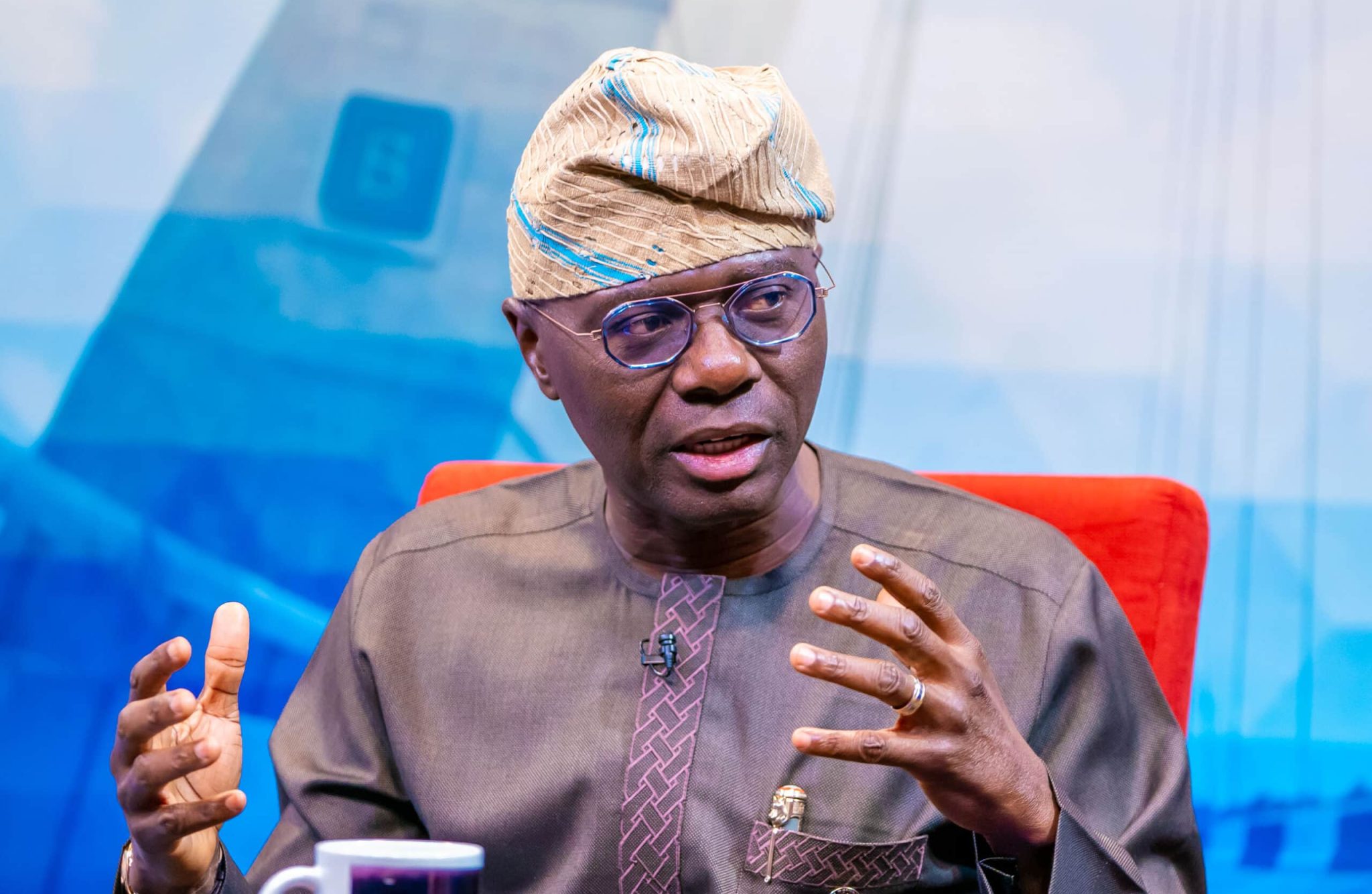The climate crisis has threatened infrastructure and food shortages in Lagos State.
NewsOnline Nigeria reports that as a coastal megacity with over 27 million residents, Lagos is increasingly vulnerable to rising sea levels, coastal erosion, and extreme weather events, which could result in losses of up to $29 billion if urgent action is not taken.
A new report by the Lagos State Ministry of Planning and Budget titled “The Lagos Economic Development Update (LEDU) 2025” has warned that climate change poses a severe threat to the state’s economy, infrastructure, and food security.
ALSO: Rivers Assembly Speaker, Amaewhule Faces Recall By Constituents
The report highlights how flooding and poor urban planning are exacerbating these challenges, disrupting key sectors such as transportation, agriculture, and public health.
“The financial cost of climate inaction in Lagos is estimated at $22–29 billion. This figure underscores the urgency of addressing climate vulnerabilities to prevent deeper socio-economic inequalities, reduced investor confidence, and long-term damage to key economic sectors.
“With its unique geographical location as a coastal megacity and its socio-economic significance, the state faces multidimensional risks that threaten its infrastructure, livelihoods, and overall economic stability,” the report states.
Flooding wreaks havoc on transport and economy
Recurrent flooding is damaging roads, bridges, and transit systems, disrupting the movement of goods and services. The report warns that this will “escalate transportation costs and reduce economic efficiency.”
The state’s critical economic activities—including ports, industrial zones, and residential areas—are concentrated in flood-prone zones, making them highly susceptible to extreme weather events.
“These disruptions could significantly impair Lagos’ contribution to Nigeria’s GDP, destabilising both local and national economies,” the report adds.
Additionally, rapid urbanization and an overstretched drainage system have worsened the frequency and severity of urban flooding.
“The lack of adequate drainage systems and the overburdening of existing infrastructure increase the frequency and severity of urban flooding”
Food security at risk
The report warns that changing rainfall patterns are reducing agricultural yields, threatening food security, and leading to price volatility.
“Climate change disrupts rainfall patterns, reduces agricultural yields, and threatens food security,” it states.
Food shortages and rising costs have already begun to strain household incomes, deepening poverty and inequality across the state. The report cautions that this could exacerbate existing socio-economic challenges.
Rising health concerns
Climate change is also taking a toll on public health in Lagos. The report warns that “rising temperatures, flooding, and water scarcity increase the incidence of vector-borne diseases and water contamination.”
These health risks are placing additional pressure on Lagos’ healthcare system. With increasing cases of malaria, cholera, and other diseases linked to climate change, public health costs are expected to rise significantly.
Government response: Climate action and circular economy
To combat these threats, the Lagos State Office of Climate Change and Circular Economy (OCCE) has implemented several initiatives, including the following:
- Climate Action Plan (2020–2025): A roadmap outlining strategies for reducing emissions and adapting to climate change.
- International Partnerships: Collaborations with global organizations like the UN and Carbonivity to secure climate finance.
- Circular Economy Initiatives: Programs promoting waste reduction, recycling, and sustainable production.
- Educational Advocacy: Campaigns to engage citizens and improve awareness about climate risks.
- Carbon Registry: A system to track emissions and ensure Lagos meets its climate objectives.
Despite these efforts, the report identifies several gaps in Lagos’ climate adaptation strategies, such as:
- Limited regional collaboration with neighboring Ogun State, which is hindering metropolitan-wide resilience planning.
- Funding constraints
- Weak monitoring frameworks, which makes it difficult to track progress.














